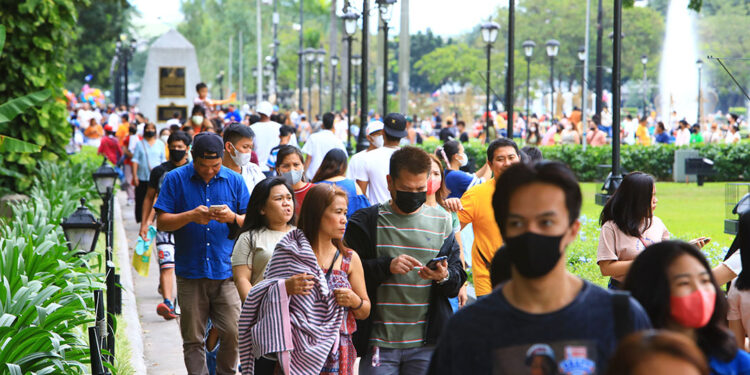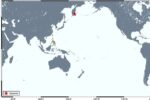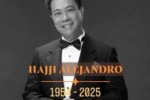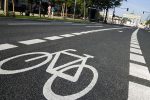Survey shows 64% of Pinoys believe PH democracy has ‘problems’

A non-commissioned survey conducted by the Philippine Observatory on Democracy revealed that 64% or majority of Filipinos perceive Philippine democracy “with problems” mainly due to issues like corruption and fake news.
The Philippine Observatory on Democracy is a consortium of academic and civic institutions including Ateneo de Manila University, Xavier University–Ateneo de Cagayan, Ateneo de Davao University, Ateneo de Naga University, Ateneo de Zamboanga University, the John J. Carroll Institute on Church and Social Issues, and Simbahang Lingkod ng Bayan.
Dean Philip Arnold Tuaño of Ateneo School of Government, who presented that survey, said that 37% found “major problems” with the country’s democracy, while 27% said these problems were only minor.
Respondents were asked to identify the biggest problems being faced by democracy, Tuaño said that 67% of the respondents answered corruption and the proliferation of fake news and disinformation.
It was also noted in the survey, that misinformation was a major problem with 49%.
Other concerns raised in the survey were bureaucracy (22%), nepotism (21%), lack of credibility of institutions or leaders (18%), red tape (10%), lack of transparency (10%), lack of regard for human rights (5%), and lack of participation in decision-making (1%).
“These perceived problems with Philippine democracy underscored deep-seated anxieties about the integrity of the government and one’s worthiness—two crucial pillars for democratic legitimacy,” Tuaño said.
“These highlight issues of both political accountability and media trustworthiness,” he added.
Meanwhile, the survey results also showed that only 2 out of 10 Filipinos (20%) think that Philippine democracy is a “full” democracy. In contrast, 1 in 10 Filipinos (10%) admit to not understanding democracy at all.
Four percent also said they do not see democracy in the country.
When it comes to Philippine presidents, the survey also revealed that 62% of Filipinos think that former President Rodrigo Duterte had a beneficial impact on Philippine democracy, followed by late President Ferdinand Marcos Sr. with 49%.
Tuaño pointed out that both of these leaders, despite being “associated with authoritarian practices,” ranked higher than other post-EDSA presidents.
“The regimes of both leaders—Marcos Sr. and Duterte—are widely documented for serious abuses of democratic principles—Marcos Sr. for suppressing civil liberty under martial law, and Duterte for widespread human rights abuses associated with an anti-illegal drug campaign,” the dean said.
Based on the survey results, 32% thought that both late chief executives Fidel Ramos and Corazon Aquino were “good” for Philippine democracy.
Thirty-one percent, meanwhile, believed that incumbent President Ferdinand “Bongbong” Marcos Jr. has been beneficial for democracy.
Next were former presidents Joseph Estrada (27%), Benigno Aquino III (26%), and Gloria Macapagal-Arroyo (26%).
The survey was conducted from December 2 to December 21, 2024, using face-to-face interviews of 842 respondents aged 18 and above. It has an overall margin of error of ±5.2%.






